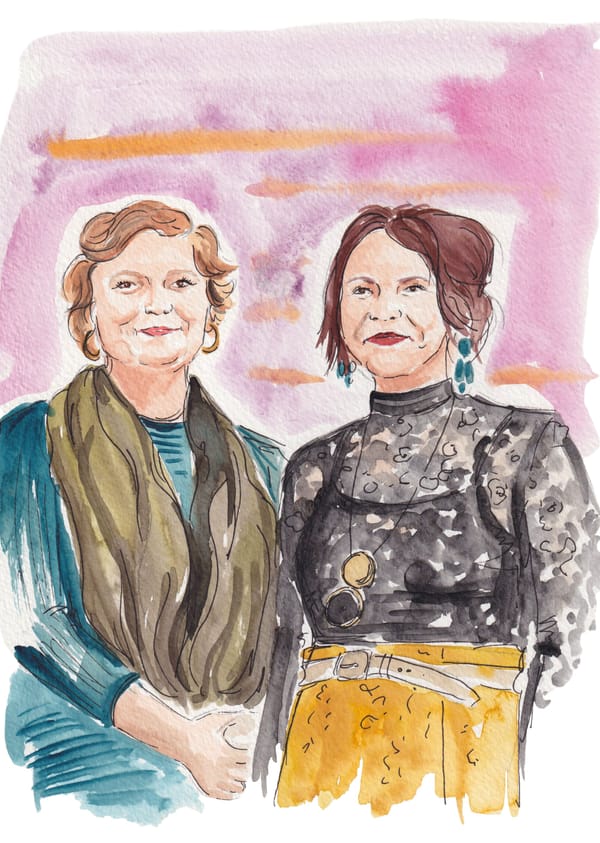Permission to Fail
Failing is as much a part of freelancing as bragging about working from home in pajamas. But we don't all fail equally.

Six and a half years ago, when I decided to leave my reasonably secure full-time newsroom job to hurl myself into the erratic world of freelance writing, I thought I had a good idea of what the challenges would be. I expected it to be hard, but surely I’d be fine.
I knew I’d have to network relentlessly and hustle every single day. I’d have to know when to put the pressure on and resend a good pitch, and when to take my foot off the accelerator. I’d have to be agile and toil away to meet tight deadlines. Sometimes, I’d have to accept assignments that were boring or stupid or didn’t fill me with joy, just to keep my foot in the door. I’d have to tolerate the insult of late payments (not to mention payments that were far too low for the effort involved) and the headache of clumsy admin systems. And I knew that quite often I’d have to just Suck. It. Up.
About all of this, I was correct. It turns out all of those things really are required to stand out in the increasingly crowded labor force of independent workers. But above all, the thing that you have to be truly excellent at—the non-negotiable skill at which you have to excel—is failing: failing to land the pitch, failing to get paid, failing to get noticed at all.
Failing, it turns out, is as much a part of freelancing as bragging about working from home in pajamas. It happens all the time and, at least from what I can tell, it doesn’t notably let up—even as the assignments become more frequent and the compensation slowly ticks up. Most recently, I was reminded of this when no fewer than 16 publishing houses rejected my latest book proposal in the span of just two weeks. “It’s a nice idea,” the chorus seemed to go, “but not for us.”
Over the years, I’ve become better at not equating professional failure with personal defeat, but it’s not easy. I’m proud of the work I do, and that pride means that what’s professional is inextricably linked to what’s personal. Compartmentalizing can feel really hard.
But here’s the consolation: I’m not alone. Many of my fellow freelancers have told me about experiencing this same rollercoaster of emotions and that, like me, they’ve had to work hard to shrug off the thoughts that come with the recurring “no thank yous” (if you get a response at all)—thoughts like, maybe I’m not very good at this; maybe it’s time to try something else. And of course, this is also true of industries beyond journalism: The contract worker in marketing who didn’t get her contract renewed, the graphic designer who spent 10 hours on a proposal only to have it rejected. You get the idea.
This consoles me because it’s evidence that I’m not the odd one out. It frustrates me, because it’s sad that it’s so systemic. And another reason it frustrates me? Failure and rejection hits differently depending on who you are.
Welcome to the latest gender gap. This time it’s personal.





